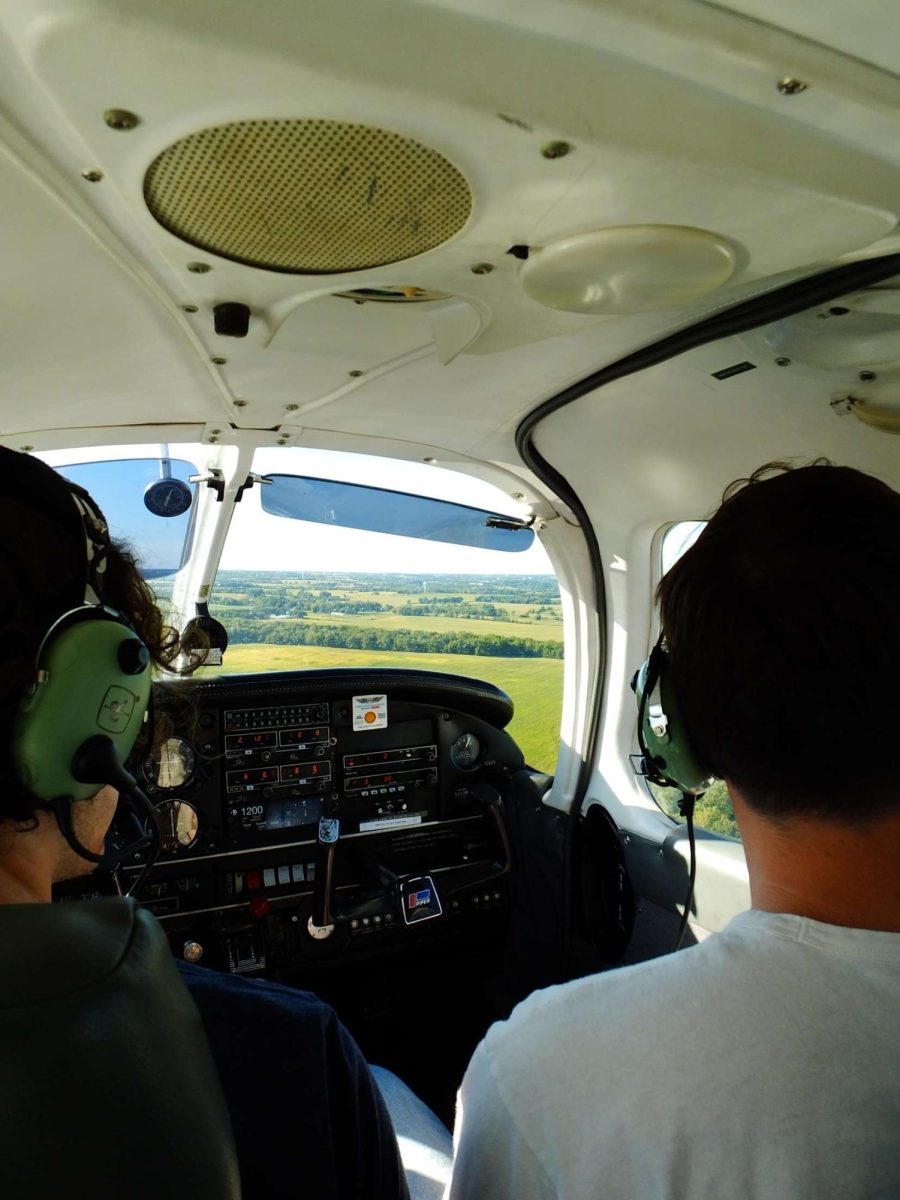The Federal Aviation Administration (FAA) has loosened the restrictions on medical qualifications for pilots to relieve the issue of pilot mental health.
The FAA has established three different tiers of medical certificates, with third class being the lowest pertaining to private pilots, and first class being the strictest for airline pilots. The biggest differences are the renewal intervals of the certificates and the content covered during the medical screening.
Aviation medical screening assesses various factors including eyesight, hearing, past medical conditions and a urine test looking for kidney diseases or diabetes. The FAA does not have access to medical records of airmen that apply for medical certificates unless requested, so most medical conditions are on a self-report basis.
This reliance has led to issues where pilots fail to disclose medical conditions that could disqualify them from eligibility for a medical certificate with the most common case being mental health conditions.
Since 2010, The FAA policy on mental health has been gradually becoming more accepting of pilots that are struggling. Most recently, the FAA approved more medications focused on mental health, allowing pilots to seek proper help. However, many antidepressants and medical conditions are still automatic disqualifiers for pilots seeking their medical certificates.
Pilot mental health is a crucial aspect to the safety of the industry due to the stressful nature of the job. 12.4% of pilots show signs of clinical depression along with 4% of pilots having suicidal thoughts. The FAA has investigated thousands of individuals and have found over 5,000 pilots who have falsified their medical documents in fear of losing their medical privileges.
And those are only the ones the FAA has confirmed.
“Pilots may sacrifice the best treatment for themselves just so that they can go and fly and keep their job. [They]unknowingly risk their own career and passengers if their mental health continues to go further south,” Shared Suleman Chaundhry, PV graduate and FAA certified commercial pilot.
Aircraft crashes induced by pilot suicide are not uncommon either, with examples like Mozambique Airlines Flight 470, Germanwings Flight 9525 and dozens of other incidents adding up to a staggering 732 casualties and these do not include general aviation incidents.
Some pilots are optimistic of the changes the FAA is bringing to the table and are hoping that these changes will encourage more pilots to seek the proper help they need. “I find it to be an overly positive thing for pilots to have treatments for themselves. Usually, a lot of pilots are working long days and spend a lot of time away from home and family,” shared Logan Farley, an FAA certified flight instructor.
However, some aviators in the industry do not share the same outlook of the FAA’s new method of tackling their mental health crisis.
“I think exceptions for mental health should not become the new norm and should be dealt with ultra cautiously until further research on the side-effects of mental health medication happens and we can know for sure how this will affect the safety of aviation,” added Chaundhry.
The FAA must adapt to the changes taking course in the aviation industry. As mental health becomes an increasingly discussed topic amongst the general public, the aviation community is no different. Unless the FAA and other international aviation agencies can adapt, the safety of aviation will most likely stay jeopardized until solutions can be found.









